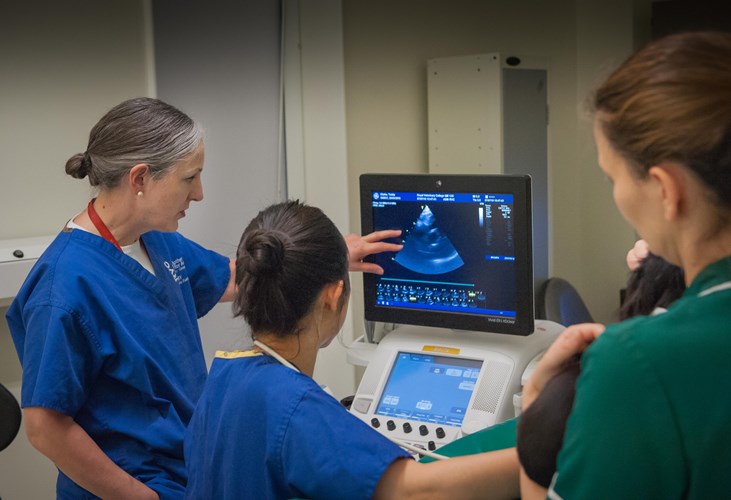
Key Information
CPD Hours: 16 hours
Course Length: Two days
Course Format: A combination of lectures, practical scanning sessions and interactive sessions
Enrol Now
Sorry, this course is fully booked.
This course may run again in the future. To register your interest please contact us.
Alternatively you can download and email using our Registration Form
Course Information
- Ultrasound physics, artefacts and equipment
- Echocardiographic technique
- Echocardiographic changes in common acquired cardiac disease
- Echocardiographic measurements
- Echo changes associated with left sided heart disease
- Echo changes associated with right sided heart disease
- Mystery cases
- Practical hands-on workshop
Have an ultrasound machine in your practice, but reluctant to use it to image the heart? Already doing abdominal ultrasound, but nervous to go north of the diaphragm?
This course is designed to provide participants with the foundations required to perform a basic echocardiographic examination, and a protocol to follow to obtain standard two-dimensional echocardiography (2D echo) images. You will learn how to identify normal cardiac anatomy and normal variations on 2D echo, as well as changes seen with common diseases. This forms the backbone of all echocardiography. This is a two-day course split by two weeks, the first day Wednesday 8th May and second day Wednesday 22nd May allowing some time to practise in between!
Why do this course?
This course will provide you with the means to make clinical decisions in cardiac patients that are very challenging without echocardiography.
David Connolly, BSc BVetMed PhD CertSAM CertVC DipECVIM-CA MRCVS
Professor in Veterinary Cardiology
The Royal Veterinary College
Virginia Luis Fuentes, VetMB PhD CertVR DVC DipACVIM DipECVIM-CA MRCVS
Professor of Veterinary Cardiology
The Royal Veterinary College
Proudly supported by:

Relevant CPD courses you may find of interest
Practical echocardiography scanning day
Recorded Webinar Plus: Summer ills
Webinar Plus: Master how to thrive (not just survive) in veterinary practice
Webinar Plus: A coaching approach to line management and leadership in the veterinary workplace
Webinar Plus: Overcoming challenges to communication in practice
Webinar: How to bring your practice up to speed with hygiene and antimicrobial stewardship
ECG essentials - when are they indicated and how do we interpret them?

